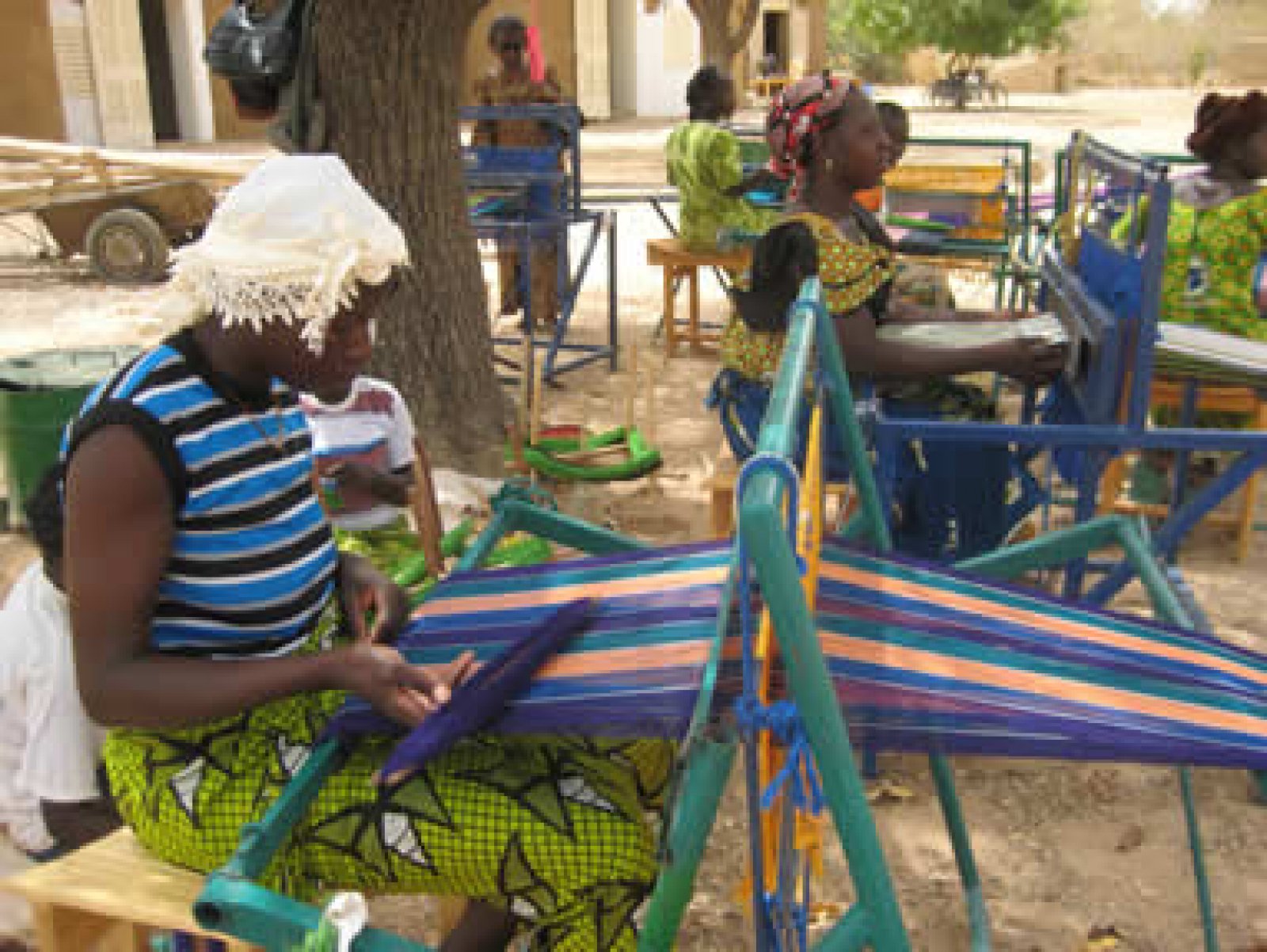
SHARE
A broad coalition of civil society organizations in Burkina Faso recently developed a report detailing discrimination against women in the West African country for presentation to a U.N. committee considering implementation of the international Convention on the Elimination of all Forms of Discrimination Against Women (CEDAW).
Every four years, governments submit reports on the status of CEDAW implementation to the U.N. CEDAW Committee in Geneva, which met this year Feb. 8 to 12. At the same time, civil society organizations (CSO) often develop “shadow” reports to supplement or present alternative information to what the government has presented.
Burkina Faso’s shadow report, supported by NDI, acknowledges progress made by the Burkinabe government in addressing discrimination against women. However, it also describes many existing challenges and gaps to full enforcement of the convention. Burkina Faso ratified CEDAW in 1984 but has yet to fully implement it, according to the report
Women in Burkina Faso face social, economic, cultural and political discrimination. For example, they do not receive the same inheritance or legal rights as men. Iliteracy rates for women are twice as high as for men, school enrollment is one-third lower among girls and a larger percentage of women are infected by HIV/AIDS.
In 2005, just one Burkinabe human rights group submitted a report. This year with the support of NDI, the coalition that submitted the report comprised 19 Burkinabe CSOs.
NDI held a training session for representatives of the 19 CSOs on the requirements and procedures for submitting a shadow report. Participants then formed a committee of eight members charged with drafting the report for submission.
 Women from Burkina Faso writing the shadow report during an NDI workshop.
Women from Burkina Faso writing the shadow report during an NDI workshop.“It was an opportunity to ensure that civil society organizations leveraged the opportunity of the CEDAW-reporting process in their struggle against discrimination, which touches many social groups in Burkina Faso, but women in particular,” said Aminata Kassé, NDI’s senior resident director for Burkina Faso. “They also gained skills in how to interact with political decision-makers at different levels to alert them to existing problems and propose solutions.”
Part of NDI’s collaboration extended to lawmakers. In partnership with the National Assembly, NDI discussed the content and historical implementation of CEDAW with members of parliament. This included helping them to identify ways to contribute to the successful implementation of CEDAW, such as enacting legislation against domestic violence. The president of the Parliament’s Economic and Social Affairs Committee indicated implementation would require more follow up on the part of all parliamentary committees to harmonize national laws with the international convention.
- Read the shadow report submitted to the U.N. CEDAW Committee in its English translation or its original French version.
Published February 25, 2010


